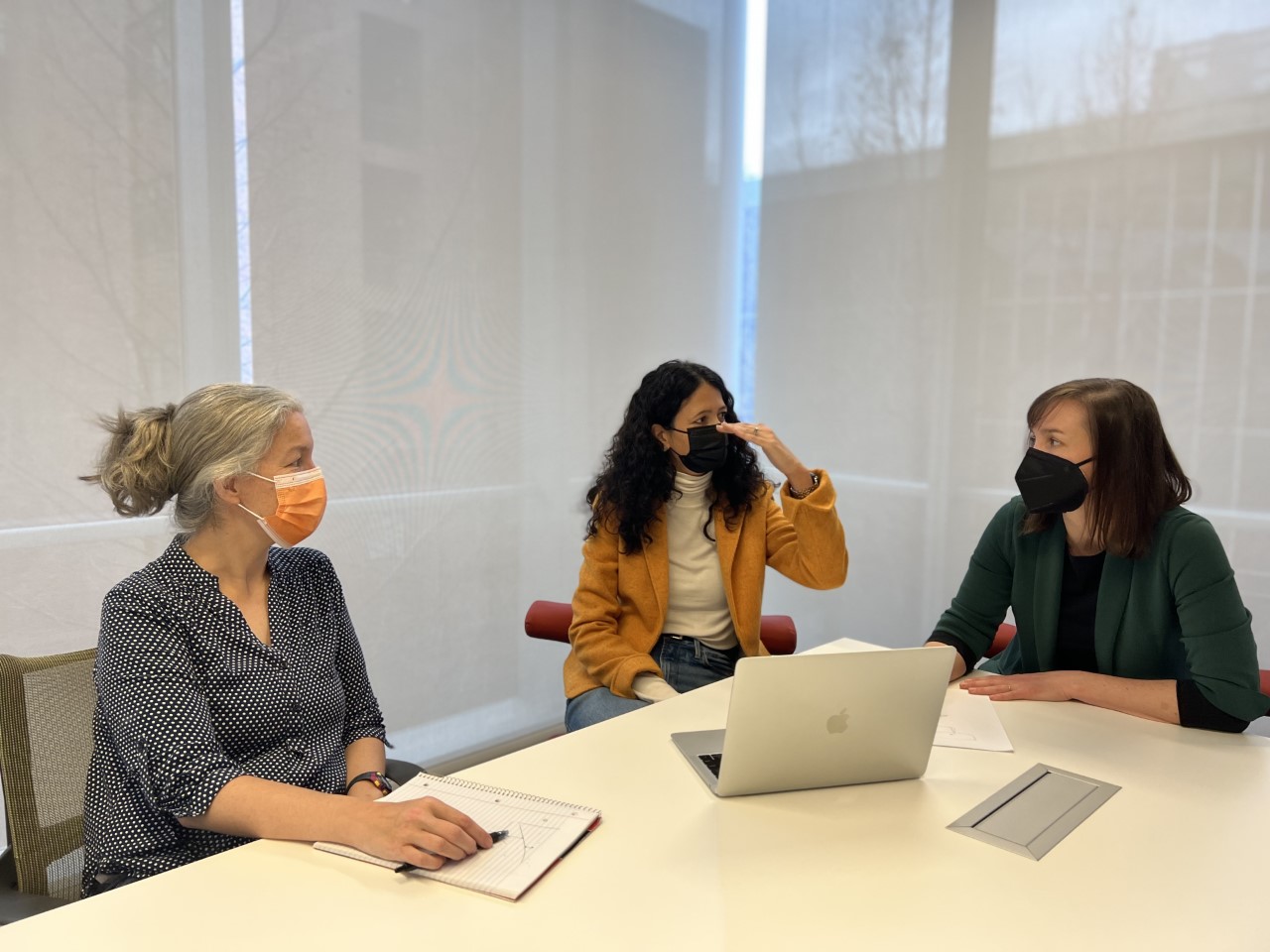The department of biology in UNC-Chapel Hill’s College of Arts & Sciences is one of five STEM departments nationwide to receive a $100,000 award from the Association of American Universities.

The Association of American Universities has selected five STEM departments at America’s leading research universities, including the department of biology in UNC-Chapel Hill’s College of Arts & Sciences, to host demonstration projects in the evaluation of undergraduate teaching.
The departments will receive $100,000 awards to create better models for effective and equitable evaluation of STEM teaching. The models could then be adapted to STEM departments at other undergraduate institutions.
“At AAU we are working to improve undergraduate STEM education, improving scientific understanding for all students regardless of their future career paths and helping America produce more — and more diverse — candidates for graduate STEM programs,” said AAU President Barbara R. Snyder. “Creating more equitable and effective ways to evaluate excellent teaching will support that goal.”
The teaching evaluation demonstration projects are an effort of the AAU Undergraduate STEM Education Initiative, which was established in 2011 to influence the culture of STEM departments at research universities so that faculty members are encouraged to use teaching practices proven to maximize student engagement in STEM and support student learning.
UNC was one of eight project sites in this 2011 effort when the departments of biology, chemistry, physics and math worked together to transform large lectures into high structure active learning courses. Now, the department of biology is building on this work and other curricular advances to learn together how various ways of assessing teaching can lead to the growth of an educator and lead to more equitable outcomes for high stakes decisions.
The UNC project team includes Kelly Hogan, associate dean of instructional innovation in the College of Arts & Sciences and a teaching professor of biology; Christina Burch, professor of biology; and Mara Evans, STEM teaching associate professor.
“Effective teachers don’t plateau; they are always improving. Yet, we, and most departments across the country, don’t do a very good job encouraging everyone to use the tools available to us to evaluate and reflect on our own teaching routinely,” Hogan said. “If we only take a look under the hood during times like reappointment, tenure and promotions, we miss opportunities for regular growth. I’m excited that part of our project will be to build this kind of routine, low-stakes evaluation that is personalized to each educator. As we do things like reflect on student outcome data and observe each other more frequently, the real winners will be our students.”
Currently, the assessment of teaching in higher education is dominated by student evaluations, which studies have shown do not correlate with the quality of student learning or with the use of more effective teaching methods. While experts widely recognize problems with existing systems for teaching evaluation, there are few demonstrations of better alternatives. The goal of this new AAU program will be to create, demonstrate and disseminate better models for STEM departments to evaluate effective and equitable teaching that could be implemented at other AAU institutions and elsewhere.
“I’m excited to participate in the conversations this award will promote regarding ways to identify and reward strong teaching,” Burch added. “As a tenure track faculty member at UNC, my research is rewarded by publications, grants, salary increases and promotions. By contrast, my teaching is rewarded almost entirely by positive interactions with students. That is an important reward! Even so, I am encouraged that this AAU award will provide transparent and equitable mechanisms not only to assess and improve teaching, but also to reward strong teaching.”
Other award winners include the department of engineering sciences at Dartmouth College, the department of chemical and petroleum engineering at the University of Kansas, the department of chemistry at Michigan State University and the department of chemistry at the University of Southern California.
The demonstration projects are made possible by a $570,000 gift to AAU from the Sarah Gilbert & Carl Wieman Charitable Fund.
